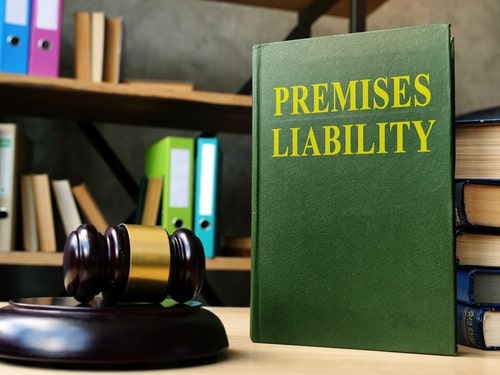When a person is injured in an accident caused by the negligence of a property or business owner, they may be able to file a premises liability claim or lawsuit against the owner. In order to be successful, the lawsuit must prove that the following three elements exist:
- The property owner (or other named party) owed a duty to maintain the safety of the property
- The owner failed to adhere to that duty
- That failure caused the accident that injured the victim
Many property owners rent their properties, either residential or commercial, to tenants, and will usually have a lease with the tenant that clarifies what each party’s responsibility is regarding the upkeep of the property and the safety of the property. If a tenant is injured on the property he or she is renting because of unsafe conditions that exist, it is important to check the lease to determine whether or not the landlord can be held liable for the injury.
What Is Duty Owed?
When it comes to duty owed, the person responsible for maintaining the property and ensuring it is safe is often determined by which party primarily uses that area of the property. For example, landlords may be responsible for maintaining and keeping safe areas of the property that are public and used by multiple tenants, such as the lobby of a building. Tenants are usually responsible for their own private living areas.
For example, if there is a hazard in a hallway in the building that could cause a person to slip and injure themselves, the landlord would be liable for those injuries if the landlord is the party who maintains that area of the property. If the slipping danger was in one of the apartments, then the tenant renting the apartment would be liable since they are the party that is responsible for maintaining the apartment. However, there may be some areas of a property that may not be as obvious as far as who would be liable, such as stairs that only one tenant has access to.
Once the victim has established that it was indeed the landlord who had the responsibility of maintaining the area where the hazard that caused the accident existed, then the victim needs to prove that the landlord failed to remove or repair that hazard. The majority of landlords do not let tenants make repairs themselves, whether that repair is needed in a public area or in the tenant’s private living area.
But it is up to the tenant to inform the landlord of any issues, especially if the landlord does not conduct regular inspections of the property. This is why tenants should always keep a written record of when they contacted their landlord to inform them of the hazard. If the landlord fails to address the issue and someone is injured, this written record can be used as evidence to show the landlord’s negligence.
Contact a North Carolina Injury Attorney for Assistance
If you or a family member has been injured at a vacation rental property, contact a seasoned North Carolina premises liability attorney to discuss what legal recourse you may have. Even if it is not entirely clear who is the at-fault party, a Carolinas injury attorney will be able to determine which party or parties are liable. At Shapiro, Washburn & Sharp, our injury attorneys have successfully represented numerous accident victims and have the legal expertise to handle these complex cases with positive results. Call our office today for a free case evaluation.
